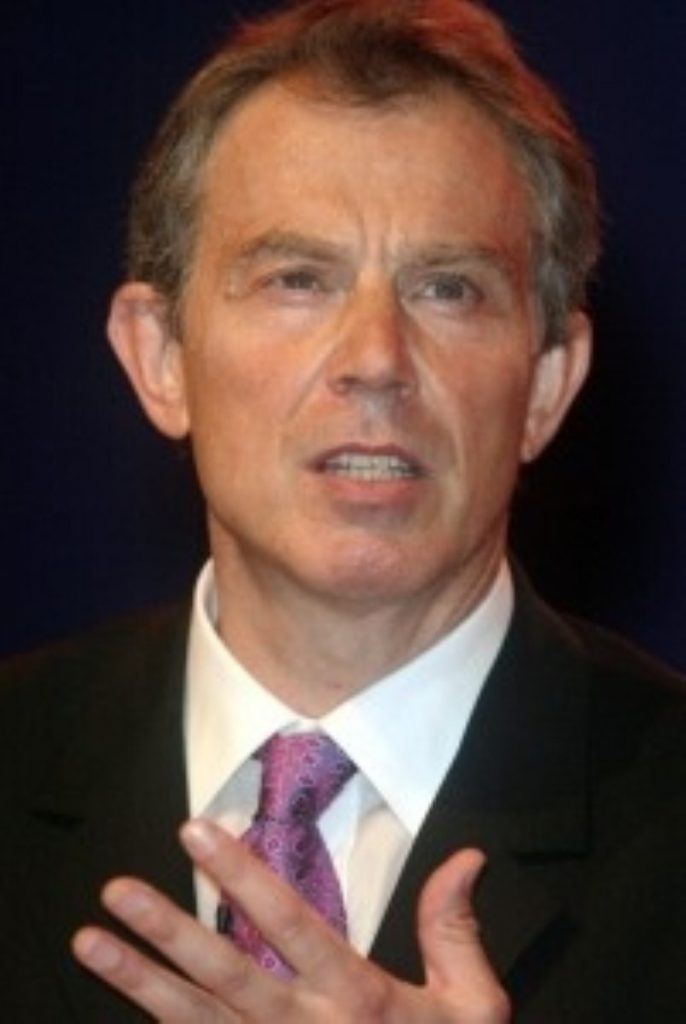Blair urges new engagement with public
Tony Blair has admitted he is bothered by the fact that so many people dislike him, but said he had “got over it” – noting that otherwise his job would be impossible.
In a podcast with actor Stephen Fry for the Downing Street website, however, the prime minister said it was “very frustrating” that politicians could no longer speak their mind in public because they were too afraid of having their remarks taken out of context.
“You may do 100 different things in a day but the 30 seconds that people see of you on the evening news is what you have done that day so far as they are concerned,” he said.
“So if you make a remark that is maybe a bit off-line and that is there then you might have launched a new education initiative, tackled a particularly knotty crime problem, you know done whatever you have done for peace-making or otherwise in the world, but actually that is the 30 seconds that they see and that is what you have done.”


He admitted that for this reason, attempts at humour had often backfired, adding: “Never try to do irony. I have tried it once or twice and it has never worked.”
Asked by Mr Fry whether he minded being disliked by so many people, whether for the war in Iraq, counter-terrorism laws, tuition fees or the current cash-for-honours row, he said: “Yes, of course I want to be liked, and yes, I do mind.
“But I also think it just really does come with the job now and I have got over it over the years, just as well otherwise I couldn’t have stayed doing what I am doing.”
Mr Blair – who last year became the first sitting prime minister to be questioned by police – admitted that in a highly competitive media environment, “the biggest impact will come from a scandal or controversy or pictures that make a visible impact”.
“If you try to have a reasoned policy debate, unless it can be translated into one of those mediums then it is actually quite difficult”, he said, although he stressed it was not so much a criticism as an acknowledgement of “the way it is”.
As a result, Mr Blair said politicians now had to conduct politics in a “different way”, saying that as everyone was not interested in the same subjects, it was necessary to “tailor the manner of the debate” – which included using different mediums, such as podcasts.
“I think the political parties increasingly will regard themselves as what I call stakeholder political parties where you have a series of stakeholders in your project but they will be interested in different aspects of your programme,” he said.
“And if you take a young person and their political interest today, there is no point in my view in the Labour Party or the Conservative Party, any political party, engaging those young people at the level of thinking that they are as interested for example in National Health Service reform, which people tend to get to somewhat late in life, as they would be for example in the environment or Africa.”









